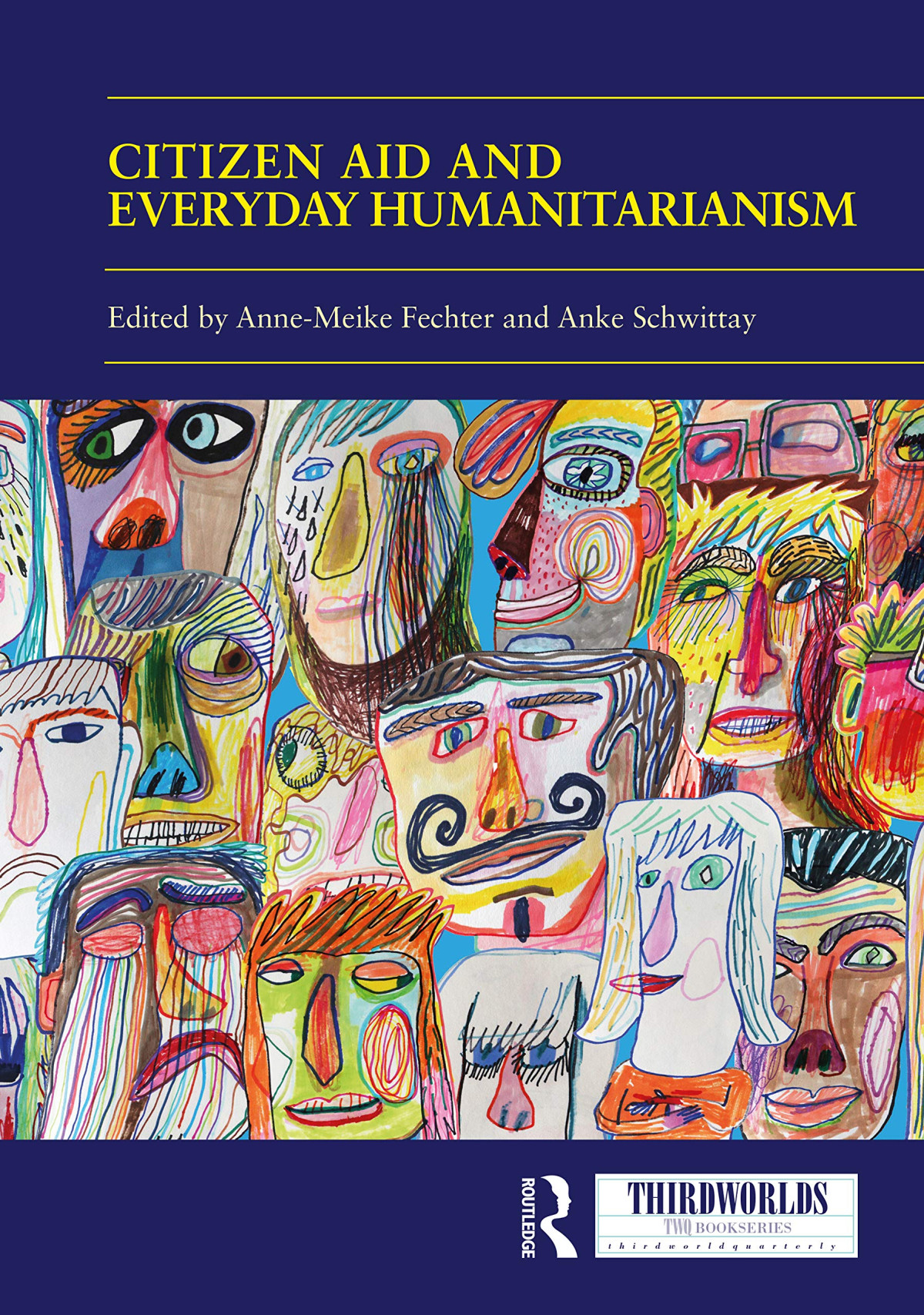

Most ebook files are in PDF format, so you can easily read them using various software such as Foxit Reader or directly on the Google Chrome browser.
Some ebook files are released by publishers in other formats such as .awz, .mobi, .epub, .fb2, etc. You may need to install specific software to read these formats on mobile/PC, such as Calibre.
Please read the tutorial at this link: https://ebookbell.com/faq
We offer FREE conversion to the popular formats you request; however, this may take some time. Therefore, right after payment, please email us, and we will try to provide the service as quickly as possible.
For some exceptional file formats or broken links (if any), please refrain from opening any disputes. Instead, email us first, and we will try to assist within a maximum of 6 hours.
EbookBell Team

5.0
90 reviewsCitizen Aid and Everyday Humanitarianism brings together, under the umbrella terms of citizen aid and grassroots humanitarianism, interdisciplinary research on small-scale, privately-funded forms of aid that operate on the margins of the official development sector.
The last decade has seen a steady rise of such activities in the Global South and North, such as in response to the influx of refugees into Europe. The chapters in this volume cover a variety of locations in Asia, Africa and Europe, presenting empirically grounded cases of citizen aid. They range from educational development projects, to post-disaster emergency relief. Importantly, while some activities are initiated by Northern citizens, others are based on South–South assistance, such as Bangladeshi nationals supporting Rohingya refugees, and peer support in the Philippines in the aftermath of typhoon Hayan. Together, the contributions consider citizen aid vis-à-vis more institutionalised forms of aid, review methodological approaches and their challenges and query the political dimensions of these initiatives. Key themes are historical perspectives on ‘demotic humanitarianism’, questions of legitimacy and professionalisation, founders’ motivations, the role of personal connections, and the importance of digital media for brokerage and fundraising. Being mindful of the power imbalances inherent in citizen aid and everyday humanitarianism, they suggest that both deserve more systematic attention.
Citizen Aid and Everyday Humanitarianism will be of great interest to scholars and professionals working in international development, humanitarianism, international aid and anthropology. The chapters were originally published as a special issue ofThird World Quarterly.